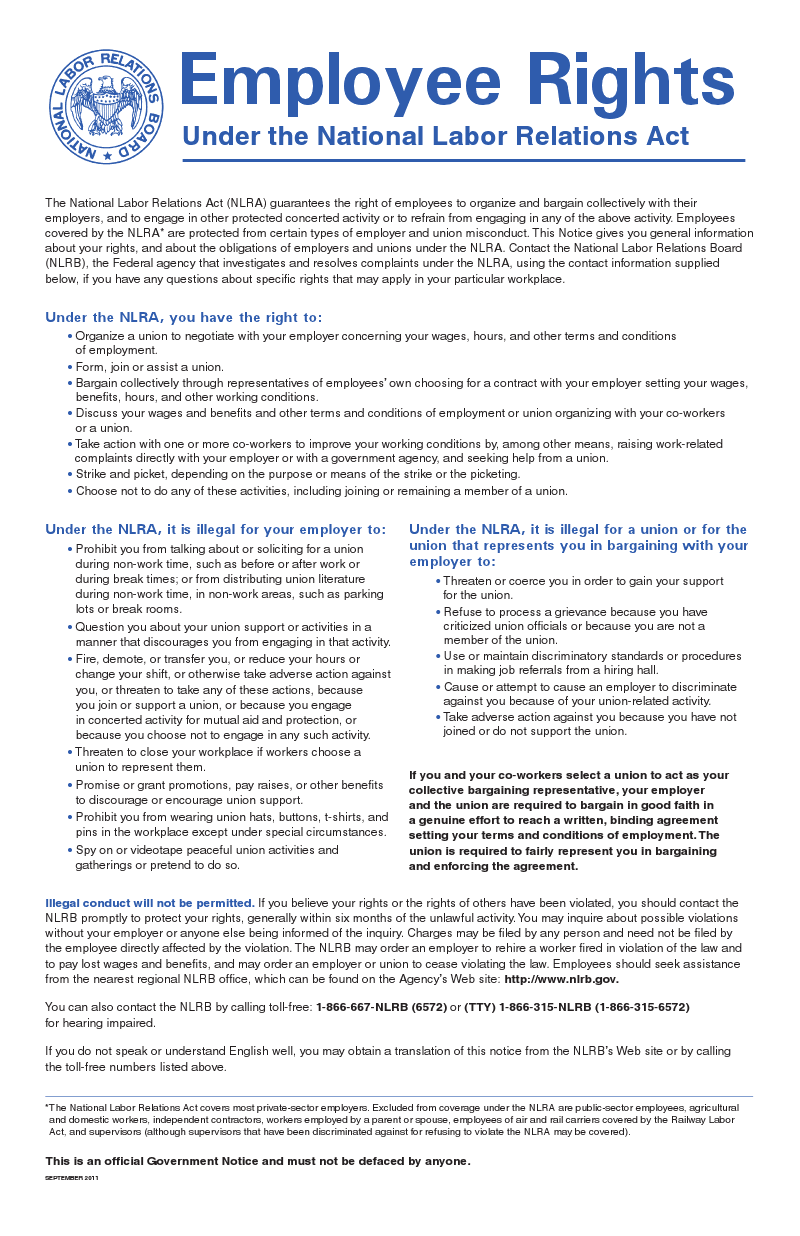Robert Mariotti was the vice-president and secretary of the company his father founded. Not only was he a corporate officer, but Mariotti also served as a member of the board of directors, and was a shareholder who could only be fired for cause.
In 1995, Mariotti had a spiritual awakening, which he claims resulted in a resulted in “a systematic pattern of antagonism” toward him in the form of “negative, hostile and/or humiliating statements” about him and his religious affiliation. Mariotti claimed that this behavior ramped up for over a decade and, ultimately, resulted in his termination. Thereafter, he sued his former employer for religious discrimination. The company moved to dismiss the claim on the basis that a shareholder-director-officer is not an “employee” under Title VII of the Civil Rights Act of 1964 and, thus, has no standing to assert a claim for religious discrimination.
What happened you say? Well, even if you read the lede, click through for full analysis…
* * *
Continue reading
 The Employer Handbook Blog
The Employer Handbook Blog






